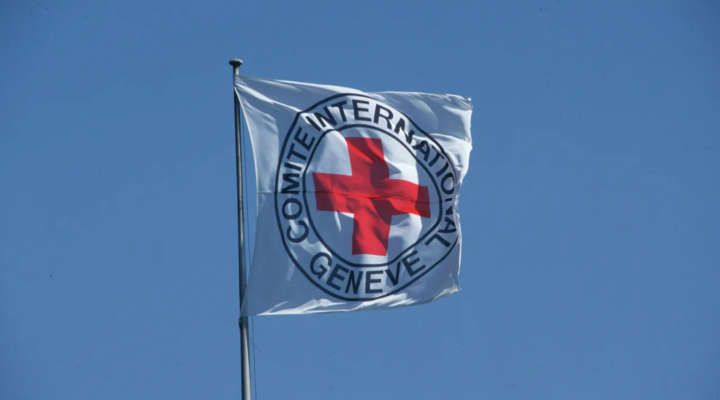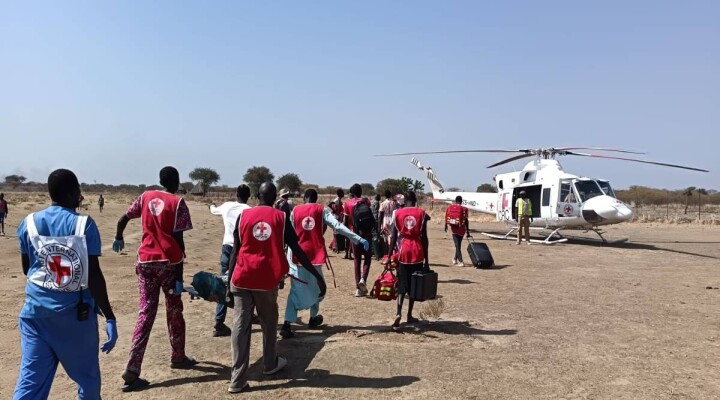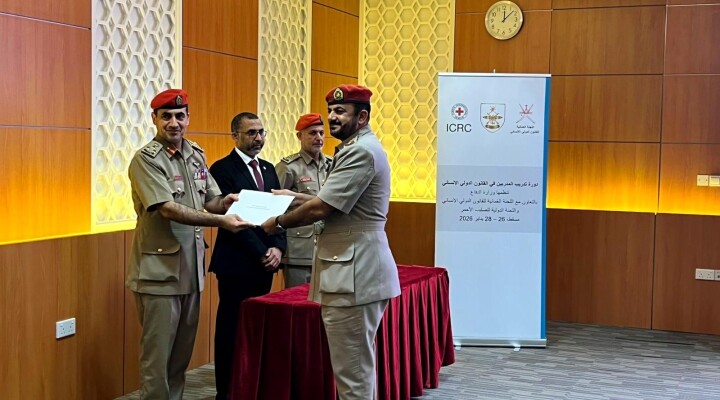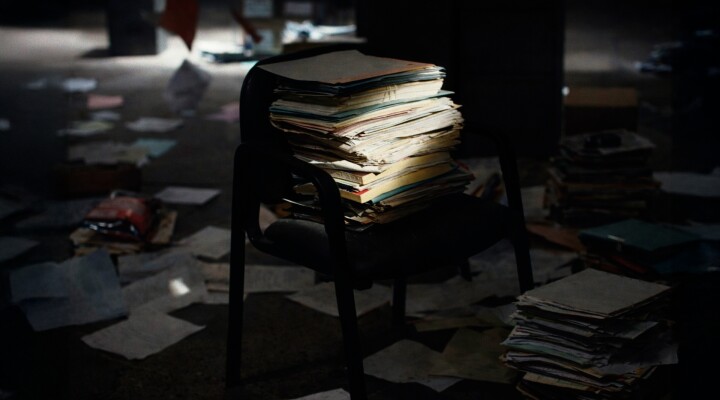South Sudan: Families face starvation after prolonged violence
The life of every South Sudanese family has been affected by the armed conflict that started in 2013 and over the years spread. The ongoing violence has had profound and devastating effects on all areas of life, undermining access to food, clean water, basic healthcare and education.
Millions of people have been repeatedly forced to flee their homes, leaving behind everything they have, including their crops and livestock. Women, children and the elderly have had to live in remote swampy areas for months on end, surviving only on wild fruit. When these people return home, repeated looting often makes it difficult to impossible to get back to their normal way of life. Recurrent displacements, a lack of respect for civilians and their property, a disruption to markets and trade have all gradually led to the catastrophic consequences seen in some areas of South Sudan today.
Download this footage from ICRC Video Newsroom
www.icrcvideonewsroom.org
For further information, please contact:
Jason Straziuso, ICRC Nairobi: +254 733 622 026
Alyona Synenko: + 211 912 360 038
Aurelie Lachant, ICRC Geneva: +41 79 244 64 05
To find out what the ICRC is doing to put an end to attacks on health workers and patients, go to
www.healthcareindanger.org or visit our website: www.icrc.org
Follow the ICRC on facebook.com/icrc and twitter.com/icrc
SHOTLIST
Location: Interview: Juba. B-roll that follows: Leer
Length: 4’19’’
Format: HD H264 mov
Camera: Alyona Syenko
ICRC ref:AV603N
Date: Interview 23 February 2017, B roll from Leer 21 December 2016
Copyright: ICRC access all
00.00 SOUNDBITE: Scott Doucet, Head of Bentiu Sub-delegation in South Sudan, ICRC
“You see a lot of abandoned houses, a lot of abandoned villages. That means a lot of people are not using the land that they used to use for cropping. We have a dialogue with armed carriers on the ground to ensure access for ourselves, so that civilians can move, access markets, access their crops. It’s an ongoing conversation that we have with armed carriers throughout the region We see the suffering of the people. We see the suffering that they are going through with these recurring cycles of violence, and at times we have an inability to reach these people. They just want assistance. They want help to remain. To live the lives that they used to live before the war. I think what strikes me most about this region is the isolation and difficult living conditions that people find themselves in, but yet their commitment to remain.”
B Roll Leer, 21.12.16
57’16’’ People waiting for receive emergency food from the ICRC
1’26’’ ICRC personnel checking registration cards.
2’19’’ An ICRC airplane dropping food. In the absence of roads and infrastructure, air dropping is the only way to bring food to the affected communities.
2’27’’ South Sudan Red Cross volunteers and ICRC staff collecting sacks of sorghum dropped from the plane.
3’17’’ People collect the food.



